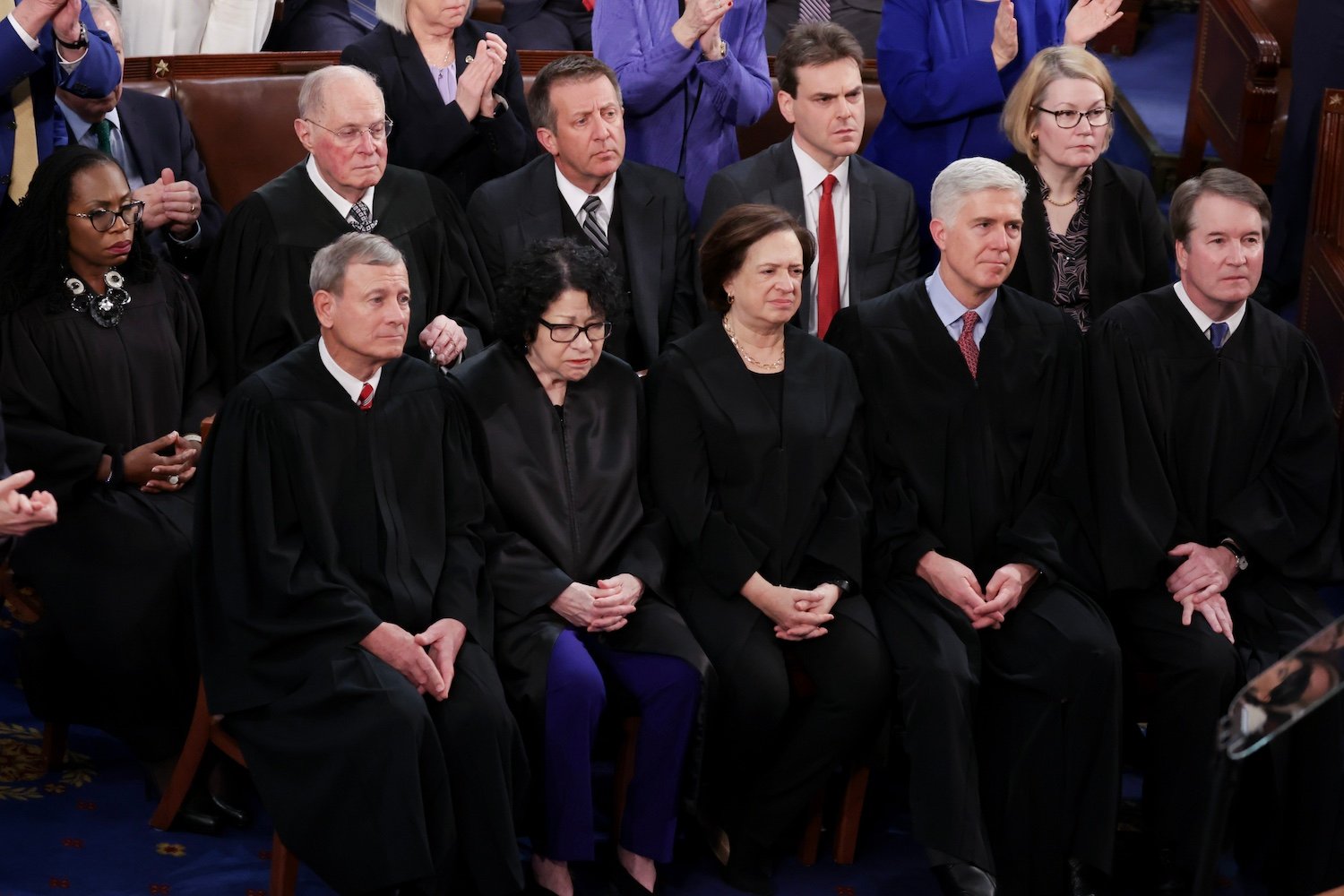Do rural, low-income communities have a right to federally subsidized internet access? Or should they be thrown offline if they can’t afford to pay their utility bills? This is the question that our highest judicial office, the Supreme Court, has now been tasked with answering.
In the 1990s, the FCC developed the Universal Service Fund as a way to aid telecom expansion while also providing increased digital access for low-income communities. The program is funded by charging telecoms fees (the telecoms then ostensibly pass on some of the cost incurred to paying customers) and then using the revenue from those fees to provide internet access to families, schools, healthcare providers, libraries, and other organizations who qualify for it.
However, a right-wing non-profit called Consumers’ Research recently sued the FCC, claiming that its method of funding the redistributive program was “unconstitutional.” A cursory scan of the organization’s website reveals the prevalence of a familiar “free-market” ideology and, humorously, a portal where members of the public can report “woke” workplace practices.
In July, the conservative US Court of Appeals for the 5th Circuit in Louisiana parted with numerous previous decisions on the matter and ruled that the program was, indeed, unconstitutional and that it represented a “misbegotten tax” on phone bills, the Associated Press reports. The court’s Judge Andrew Oldham ruled that the program “unconstitutionally delegates congressional taxing authority to the FCC and a private entity tapped by the agency, the Universal Service Administrative Company, to determine how much to charge telecommunications companies,” the AP previously reported. Now the case heads to the highest court in the land for an official ruling.
It seems noteworthy that the demographics that could be most impacted by this right-wing crusade to eliminate internet access are, in fact, the people who just voted Donald Trump into office. Trump performs exceptionally well in rural communities, and “working class” voters have frequently cast their vote for the billionaire. There would certainly be some overlap between the people who just voted for Trump and the people who would have their internet taken away if this program gets nixed.
Another federal program, similar to the Universal Service Fund, recently went defunct. The Affordable Connectivity Program was a $14.2 billion program introduced by Congress through President Biden’s bipartisan infrastructure bill, which sought to provide qualifying households with a $30 per month assistance to pay their internet bill. During its tenure, the program served some 23 million households throughout the U.S., including many rural and low-income communities. However, like so many federal programs, the Affordable Connectivity Program ultimately ran out of money, and Congress failed to renew funding for it earlier this year. Another FCC program, E-Rate, has reportedly sought to fill some of the connectivity gaps left by the ACP’s demise, but it, too, has been challenged by the ongoing lawsuit.
On Friday, FCC Chairwoman Jessica Rosenworcel issued a statement on the Universal Service Fund case: “I am pleased that the Supreme Court will review the 5th Circuit’s misguided decision. For decades, there has been broad, bipartisan support for the Universal Service Fund and the FCC programs that help communications reach the most rural and least-connected households in the United States, as well as hospitals, schools, and libraries nationwide. I am hopeful that the Supreme Court will overturn the decision that put this vital system at risk.”
It’s unclear whether the overwhelmingly right-wing judicial body will vote in the program’s favor or not. Legal commentators have said there is little precedent for Consumers’ Research’s position, though the Supreme Court has made overturning longstanding precedents their thing lately.








